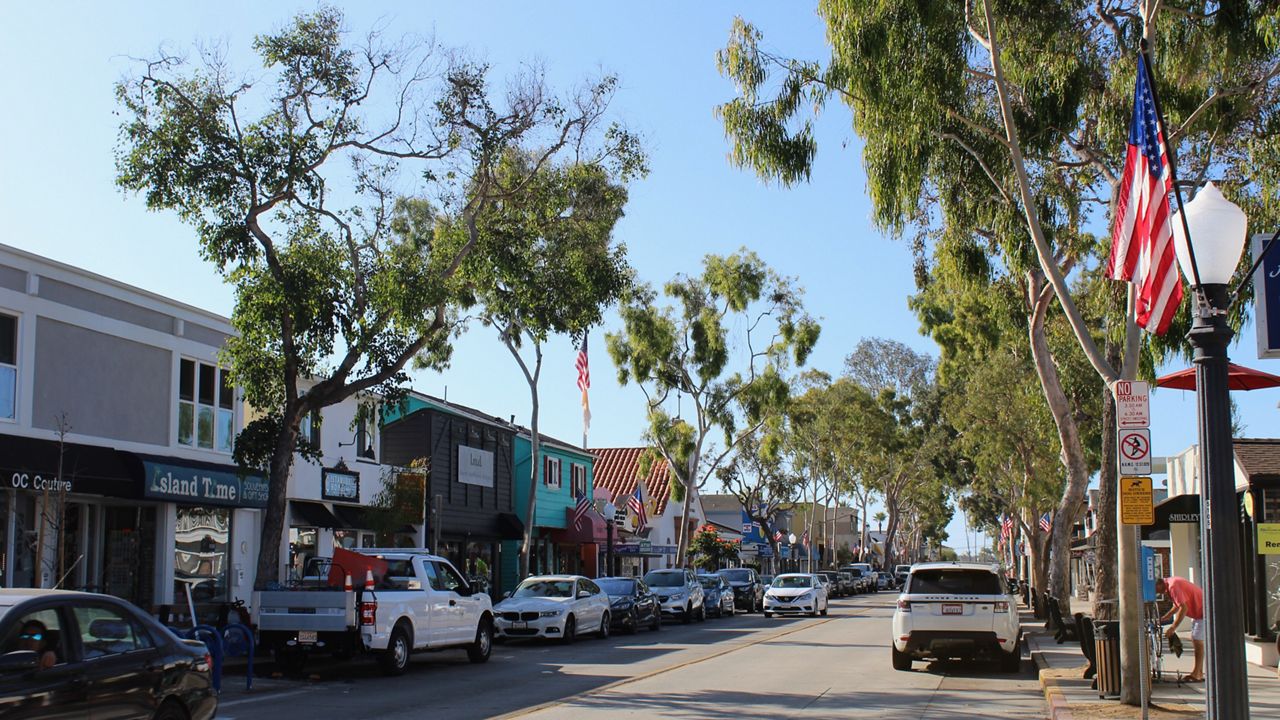ORANGE COUNTY, Calif. — As coronavirus infection rates swell across California, Orange County cities are preparing for another budget hit in a year full of them.
Newport Beach and Costa Mesa each have rainy day funds in excess of $50 million while pursuing aggressive efforts to preserve their safety nets.
The burgeoning coronavirus pandemic isn’t making it easy. Orange County has returned to the purple tier, restricting movement and purchasing options for the paying public at local walk-in businesses. Restaurants will no longer have indoor seating, while Los Angeles announced it would limit food purchases to pick-up or delivery.
In March, when infection rates first exploded, cities like Costa Mesa and Newport Beach scrambled to cut spending and search out creative revenue alternatives. Revenues continued to fall, as expected, but new fears over a second significant lockdown have forced both cities to anxiously eye embattled budgets.
For Newport Beach, money has come in better than expected. The city saw a drop in annual general fund revenue to just under $200 million, a number newly reelected Mayor Will O’Neil said was better than expected.
The city halted a library lecture hall and a junior lifeguard facility, pushing both projects back to sometime next year while freezing hiring for anything outside public safety positions. The city also frequently contributed fire battalions during a record fire season, spending extra money it expects to recoup.
So far, O’Neil said the budget is holding firm with deep cuts still far off.
"We’re not there," he said. "We have a contingency reserve that exceeds $50 million. Because of the strong finish at the end of last year, our expectation is that contingency reserve will be fully funded."
The city of Costa Mesa took a tough, early stance, instituting a mask mandate for anyone in public areas.
“I took some hits from the anti-mask community, and some of them came and protested at my house,” said Costa Mesa Mayor Katrina Foley, who was just elected to her second and final term.
The city has had to take aggressive measures to protect its budget: It renegotiated eight labor contracts, closed many government buildings on Fridays, and put furloughs in place to save $3.5 million. The budget was scoured for other items that could be paired back or eliminated, and hiring was frozen to only the necessities.
But the city’s aggressive cuts have shown the need for meaningful increases in revenue. Foley said the city wants to hire more paramedics to help with the increasing coronavirus infection rate but hasn’t been able to come up with the money.
“We can’t hire any more staff right now,” said Foley. “But we have people who need us.”
What You Need To Know
- Orange County Reports 552 New COVID-19 Cases, Three Deaths
- Orange County Prepares to Fall Under State Curfew, but Will Anyone Enforce It?
- Newsom Pulls "Emergency Brake" on California's Recovery, 41 of State's Counties Now in Purple Tier
- LA County to Prohibit Dining at Restaurants as of Wednesday Amid COVID-19 Surge
Costa Mesa set about fixing its budget shortfall with more than just cuts. It has lured Audi Fletcher Jones from Newport Beach, a sorely needed addition to the local economy.
But the biggest boon for the city was the passage of Measure Q in the November 3 election. The measure will now allow the sale of cannabis through local retail shops, potentially meaning millions in additional revenue. Santa Ana is the only other city in the county that allows retail shops to sell marijuana.
Money from these new revenue sources won’t land in city coffers right away. Foley doesn’t expect to see that money until at least February. Both legal marijuana and the car dealership are badly needed.
“They couldn’t have come at a better time,” said Foley.



